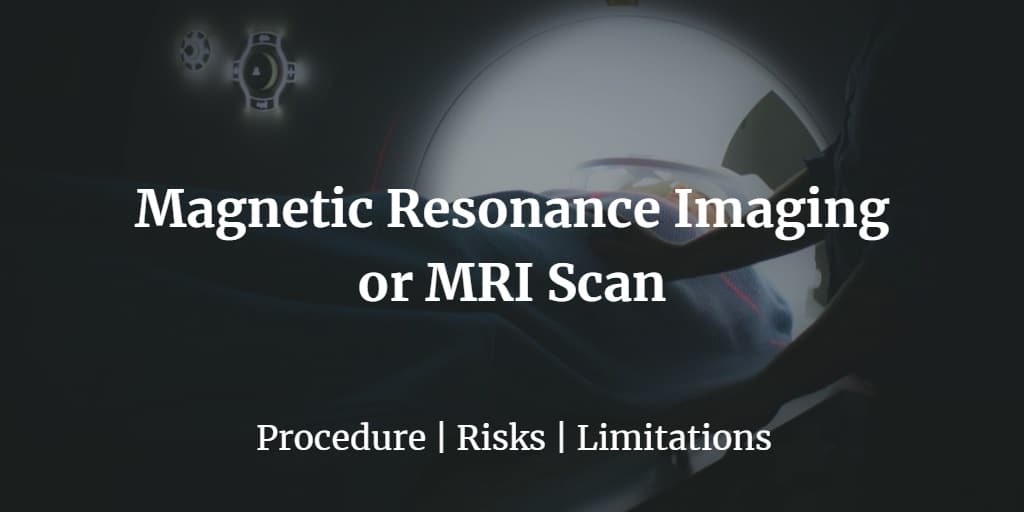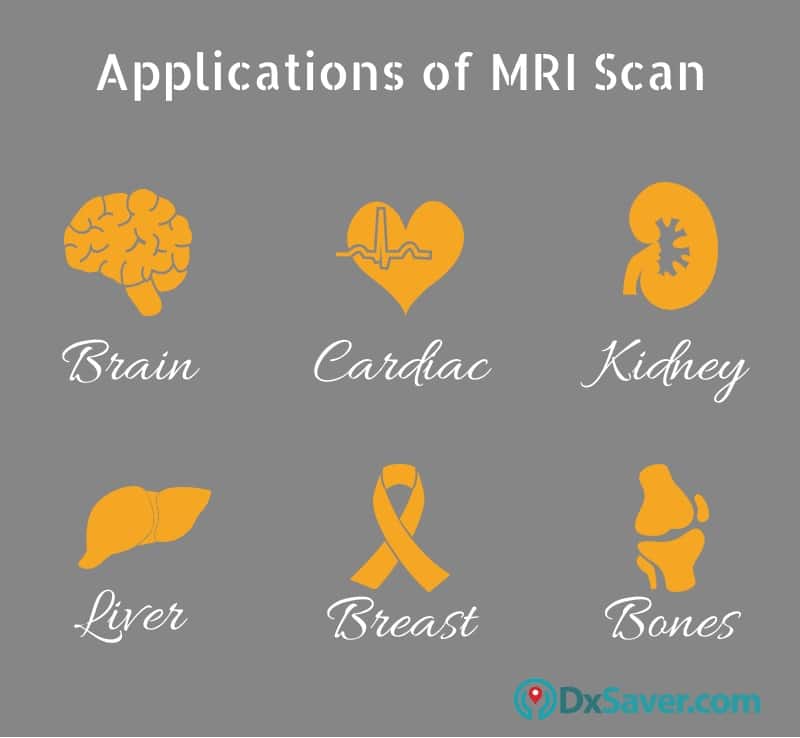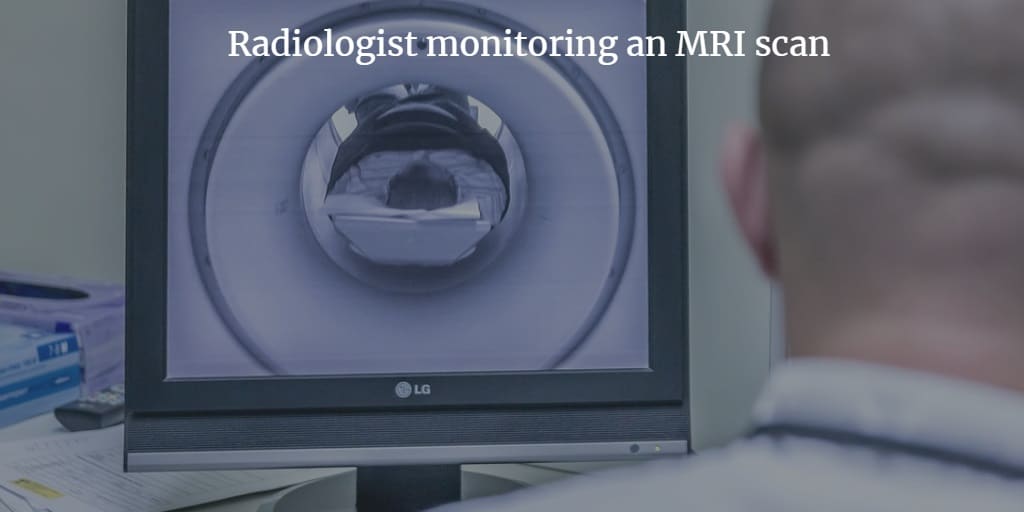
Magnetic Resonance Imaging (MRI) is very expensive in the U.S. as the equipment used to perform the MRI costs thousands of dollars and there are also additional costs to service and maintain that equipment.
Read the article below to know more about MRI cost, its applications, scope, preparation, procedure, and risk of taking an MRI.
For our readers who would like to know more about the MRI cost beforehand, we begin with that section.
How much does an MRI cost?
MRI cost in the US ranges from $340 to $3500 depending on the facility and location. MRI cost is usually very high in hospitals than that of an independent imaging center. The cost of the same MRI may vary hundreds of dollars from one facility to another facility in the same location. So it is very important to compare the MRI cost offered by various diagnostic centers to make sure you are getting the best price.
MRI cost with insurance
Insurance companies in the U.S. cover the MRI cost if the MRI is medically necessary. However, it is better to check with your insurance company as the coverage offered by private health insurance companies and national health insurance programs varies widely.
What is an MRI?
MRI stands for Magnetic Resonance Imaging and it is the most common procedure performed to visualize the internal organs and tissues within the body. MRI uses a strong magnetic field and radio waves to generate detailed images of the human body parts. It is used to examine the internal structures of our body and to diagnose medical disorders such as tumors, strokes, injuries in the spinal cord, problems in the inner ear, etc. MRI is most commonly used in the study of brain structure and function.
Why is an MRI done?
MRI is used as an extremely accurate method to evaluate organs of the chest and abdomen such as the heart, liver, kidney, spleen, adrenal glands, pancreas, bowel, etc. Otherwise, it is also used to examine the reproductive organs such as the uterus, ovaries, and prostate glands. It is also effective to detect any abnormalities in the blood vessels. It provides valuable information on the soft tissues, joins, and bones in our body. MRI helps to diagnose and monitor the treatment for the medical conditions such as
- Liver disease
- Abnormality in blood vessels
- Tumors
- Inflammatory bowel disease
- Congenital heart disease
What are the applications of MRI?
MRI has a wide range of applications in medical examinations. It is done to diagnose the disease and monitor the treatment. It can be done on almost any part of the body. The applications of MRI in different parts of the body with average MRI cost are clearly explained below.
MRI Brain
MRI brain is done to detect various medical conditions in the brain such as
- Bulge in brain blood vessels
- Stroke
- Injuries in the spinal cord
- Infections
- Tumors
- Hemorrhage
- Cyst
Your doctor may order an MRI to examine your head/brain if you have symptoms like weakness, dizziness, seizure, blurred vision, chronic headache, etc. The average cost of an MRI head/brain in the US is $500.
Cardiac MRI
Cardiac MRI is done to diagnose various diseases in the heart. It helps to evaluate the structures of the heart and the aorta. The cardiac MRI looks for
- Coronary Artery Disease
- Heart failure
- Congenital heart defects
- Cardiac tumors
- Damage from a heart attack
- Blockage in blood vessels
The average cost of a cardiac MRI is $530.
MRI Musculoskeletal
The musculoskeletal system includes knee, shoulder, elbow, wrist, and spine. The MRI musculoskeletal is useful to examine infections in bones, bone cancer, damage in joints, soft tissue tumors and to assess problems in the spine. The average cost of an MRI musculoskeletal is approximately $900.
MRI Neuroimaging
MRI neuroimaging is an effective investigative tool for many medical conditions of the central nervous system, including dementia, cerebrovascular disease, epilepsy, and infectious diseases. It is used to study the structural and functional brain abnormalities. The average cost of an MRI neuroimaging is $850.
MRI imaging of other body organs
The MRI is also used to examine the health of other internal organs in our body. It gives valuable information on the following organs
- Kidney
- Pancreas
- Liver
- Ovaries
- Breast

How does the MRI machine look like?
The traditional MRI machine looks like a tube-like structure surrounded by magnets with a table attached to it. But the hi-tech MRI machines are larger that is comfortable for patients with claustrophobia (patients scared of closed space). Some machines are open on the sides to fit large size patients. This MRI machine is called an open MRI machine. A radiologist will monitor the examination from a separate room where the computer that processes the image is located. The radiologist will be able to see and speak to the patient with the help of the speaker and microphone.
How is the MRI procedure performed?
The lab technician or the radiologist will ask you to lie down on a table that slides into the MRI machine. The straps may be used to hold you still during the procedure. Your body may be wholly or partly inside the machine depending on the body part to be examined. You will hear loud noises during the procedure. This is the sound of the energy created by the machine to produce an image. It may take 15 to 20 minutes to complete the procedure. The results of the MRI will be available within 6 hours to 48 hours depending on the facility and the imaging center.
In some cases, a contrast dye will be used for the better enhancement of images. If a contrast dye is required for the exam, the technologist will wrap an elastic band around your arm to make the veins visible. Then a needle is used to inject the contrast dye into the vein.
What happens during the procedure?
The MRI scan uses a strong magnetic field to generate images of our internal organs. The radio waves stronger than that of the magnetic field of the earth will be sent into the body. The radiofrequency waves realign the hydrogen atoms within the body without causing any chemical change in the tissues. The hydrogen atoms return to their normal alignment when the magnetic field is turned off. The atoms send radio waves of their own when they return to their original position. The radio signals sent by the atoms are then picked by the scanner. The computer processes these signals and turns them into a series of images.

Is there any preparation required before the procedure?
You may be asked to change into a gown provided by the facility which has no metal fasteners. The MRI machine uses strong magnets to visualize the body. So it is important not to carry jewelry or accessories with metallic content.
In some cases, patients will be injected with a contrast dye in the veins to produce enhanced images of the tissues. Sometimes it may be given orally. If you have any known allergic reaction to the contrast dye, it is necessary to consult with your physician regarding this. It is very important to disclose any recent surgeries or kidney disease, as the contrast agent used may sometimes lead to kidney failure.
What are the side effects of an MRI?
The MRI has no possible side effects. However, there is a slight risk of an allergic reaction if the patient is sensitive to the contrast dye or iodine. It is also dangerous to get a contrast dye if you have severe kidney disease. If you are pregnant it is advised not to get an MRI during your first trimester.
What are the limitations of an MRI?
The MRI is quite expensive and time consuming compared to the CAT (Computerized Axial Tomography) scan. In some cases, an MRI cannot differentiate between the diseases. The body parts such as bones are better examined using the CAT scan. As it uses strong magnets, certain people with metal inside their body cannot take the test including those with
- Pacemakers
- Cochlear implants
- Neurostimulator
- Aneurysm clip
- Bullet wounds
- Dentures
- Permanent tattoos
- Metal coils placed in blood vessels
Other topics you may be interested in:-
- Eye Chlamydia Symptoms
- Do STDs Spread Via Kissing?
- How Much Does At-Home Drug Test Kit Cost in the US?
- How much does the RBC blood count test cost in the US?
- What is creatinine in blood? Creatinine test cost near me
- Cost of Lymphocyte Blood Test in the US
- Importance of Progesterone & Fertility Testing
- At-Home Chlamydia Testing Cost in the US
- Complete Blood Count, CBC Testing & Test Results Interpretation
- What are the types of skin cancer?
- Is Bruising a Symptom of STD?
- Cost of Planned Parenthood STD Testing Vs. Other Labs/Clinics Near You
- GGT, Gamma-GT Blood Test Cost in the US
- Colon Cancer Stages – Know more about Early Symptoms, Causes & Treatment
- Symptoms of Pancreatic Cancer – More about Causes, Diagnosis & Treatment
- ANA Test Cost in the US
- Importance of CA 125 Testing & Ovarian Cancer in Women
- Oral STDs: Names, Symptoms, Treatment and Testing Cost
- Estradiol (E2) Hormone: Normal Levels, Importance in Women Fertility and Testing Cost
- LDH Hormone Normal Levels, Abnormal Levels Symptoms, Diagnosis & Treatment





